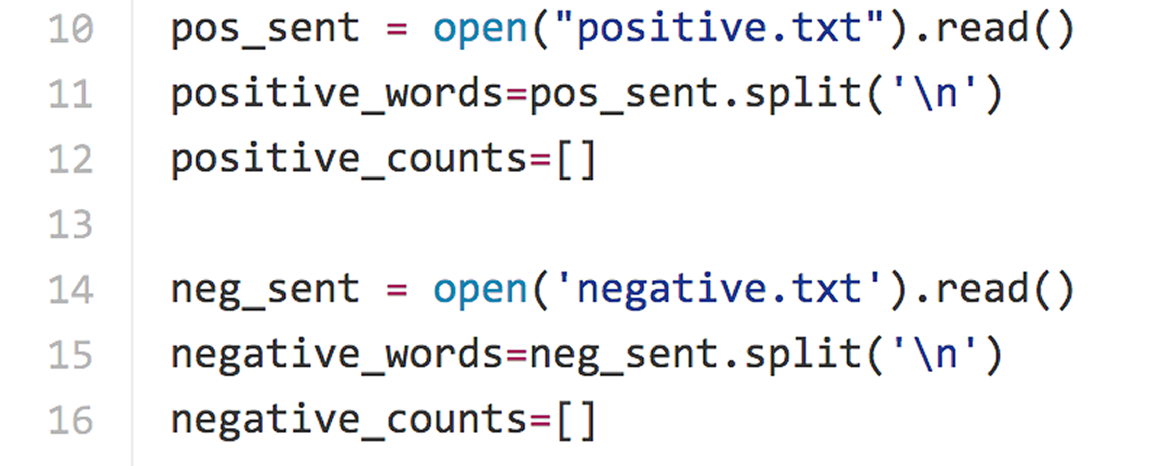The Electronic Textual Cultures Lab and the Maker Lab in the Humanities would like to congratulate Elizabeth Bassett and Nadia Timperio, who received the 2014-15 Digital Humanities Praxis Innovation Award at the University of Victoria (UVic).
For the 2014-15 award, students from across the UVic were invited to submit projects (of all types, in a variety of formats) that demonstrate scholarly innovation through digital humanities research, teaching, learning, and communication. This year’s two successful projects met or exceeded the following criteria: 1) they were completed within the course of study for an 2014-15 undergraduate or graduate class in any department at UVic; 2) they met the course’s stated learning outcomes or expectations; 3) they demonstrated an innovative use of digital technologies for research, teaching, learning, or communication; and, 4) they blended computational methods with a critical approach to a humanities question or problem.
Elizabeth Bassett’s essay for English 507 (Spring 2015), “‘But no matter what I thought’: The Governess’ Untold Bildungsroman in Anne Brontë’s Agnes Grey,” challenges scholarly claims of Agnes Grey’s simplistic narrative form. Using deformance as her method, Bassett created two alternate versions of Brontë’s novel: one which omits Agnes’ references to the details she withholds, and one that is made up solely of these references. By analyzing the two “deformed” versions alongside the original to argue that Agnes’ personal story—her bildungsroman—is deliberately withheld from readers, Bassett explores how the subtly complex narrative form of Agnes Grey is constructed to reflect on the stifling impacts of the Victorian governess occupation.
Nadia Timperio’s project for English 507 (Spring 2015), “‘Conveying more’: A Narrative Critique of Richard Wright’s Native Son,” takes up previously established parallels between antihero Bigger Thomas’ psychological disorientation and social conditions responsible for his predicament to inform an algorithmic reading of the novel. Using Python for text analysis, it illustrates how failed attempts to access Bigger’s interior monologue reveal the narrator’s inability to relay Bigger’s authentic story. This failure to narrate responsibly reflects Wright’s growing frustration with the Communist Party’s inability to solve “the Negro problem.”
For the Award, both of these students will receive a certificate of recognition, together with a 2016 Digital Humanities Summer Institute (DHSI) scholarship.
Please join us in congratulating this year’s two award winners for their innovative and inspiring research!
Post by Jentery Sayers, attached to the Makerspace project, with the news tag, and cross-posted at etcl.uvic.ca. Featured image for this post care of Nadia Timperio.

